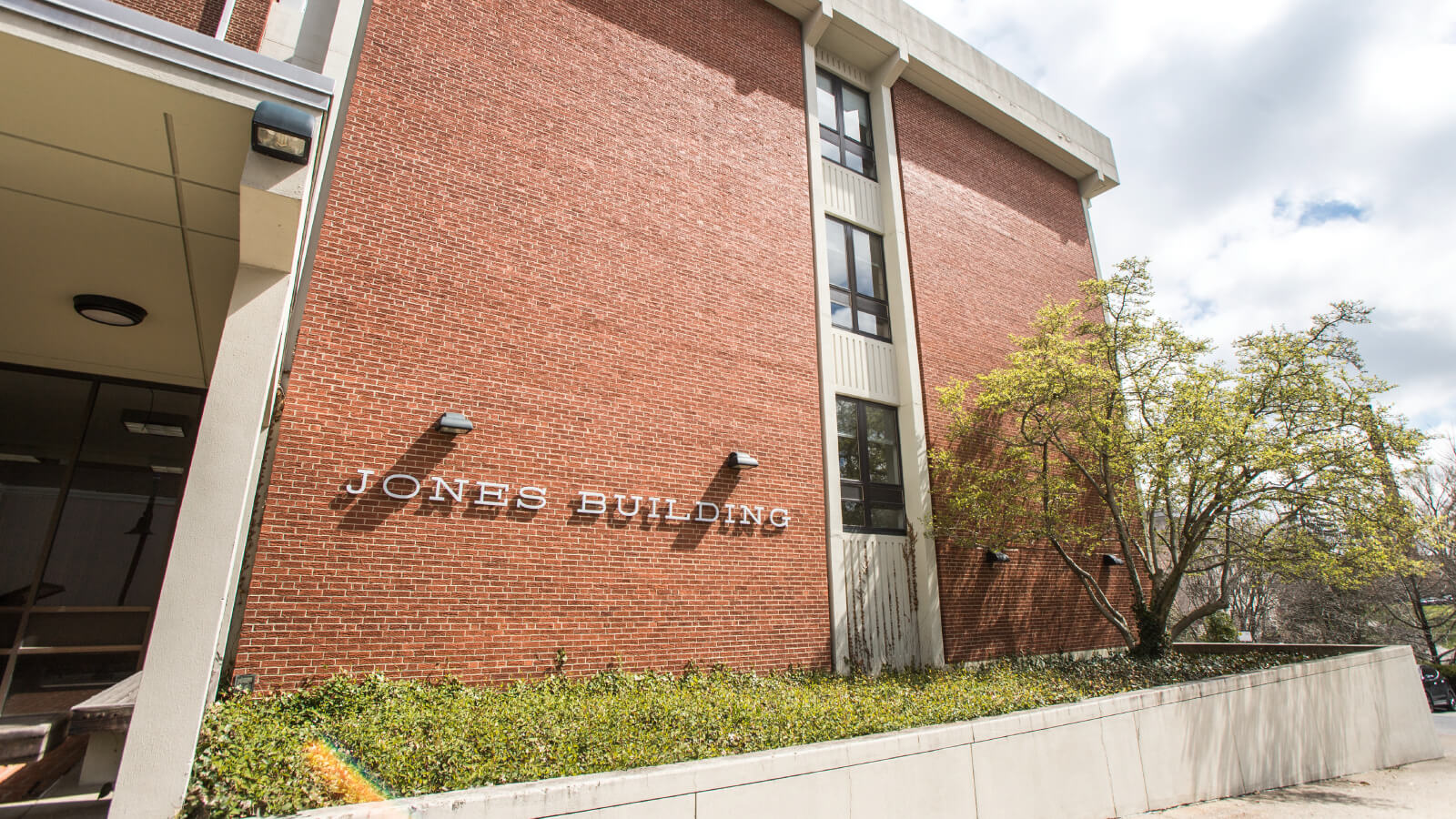- EKU
- Internal Audit

Office of Internal Audit
Jones Building
Room 407
859-622-622-7997
Fax: 859-622-8187
jason.henderson@eku.edu
Office of Internal Audit
The Office of Internal Audit provides independent and objective assurance and consulting services designed to add value and improve the operations of the University and its affiliated organizations.
The scope of the internal auditing function may include, but is not limited to, the following:
- Performing reviews of operations and programs to ascertain whether resources are acquired economically, employed effectively, and adequately protected and that results of operations are consistent and aligned with defined goals and objectives.
- Performing reviews and evaluations of the system of internal controls to ensure controls are adequate.
- Determining compliance with policies, procedures, applicable laws and regulations, and generally accepted accounting principles.
- Investigating significant suspected fiscal misconduct.
Mission
The Office of Internal Audit provides independent and objective assurance and consulting services designed to add value and improve the operations of the University and its affiliated organizations. Internal Audit helps the University accomplish its objectives by bringing a systematic, disciplined approach to evaluate and improve the effectiveness of the risk management, control, and governance processes designed by management to meet the financial, strategic, and operational objectives of the University.
Independence and Authority
The Director of Internal Audit reports to the President and has direct access to the Chair of the Audit and Compliance Committee of the Board of Regents. These relationships assure departmental independence, promote comprehensive audit coverage, and assure appropriate consideration of audit recommendations.
Internal Audit is authorized to review all records of the University and its affiliated organizations and has full and complete access to all University activities, records, property, and personnel reasonably necessary to perform the responsibilities of this function. Internal Audit has no direct responsibility or any other authority over the areas it reviews. An audit or review does not substitute or relieve other University personnel from their assigned responsibilities.
Scope and Responsibilities
The scope of work of Internal Audit is to determine whether the University’s network of risk management, control, and governance processes, as designed and represented by University management, is adequate and functioning effectively. Internal Audit will:
- Perform reviews of operations and programs to ascertain whether resources are acquired economically, employed effectively, and adequately protected and that results of operations are consistent and aligned with defined goals and objectives.
- Perform reviews and evaluations of the system of internal controls to ensure controls are adequate.
- Determine compliance with policies, procedures, applicable laws and regulations, and generally accepted accounting principles.
- Evaluate the reliability and integrity of financial, managerial, and operating information and the means used to identify, measure, classify, and report such information.
- Provide management advisory services during the planning, design, development and post-implementation of significant accounting or administrative systems to ensure adequate controls are implemented, documentation is complete, systems are thoroughly tested before implementation, and projected benefits are realized.
- Perform reviews of contractual agreements to ensure the propriety of payments and compliance with significant contract provisions. Review the books and records of contractors, where appropriate, to validate charges and identify any potential overpayments.
- Provide consulting services ranging from formal engagements to advisory activities, such as serving on management committees or participating in special projects and problem-solving task teams.
- Advise the President and the Chair of the Audit and Compliance Committee of significant risks that management is not willing to resolve.
- Follow up to ascertain that appropriate action is taken on reported issues.
- Assist in the investigation of significant suspected fiscal misconduct.

